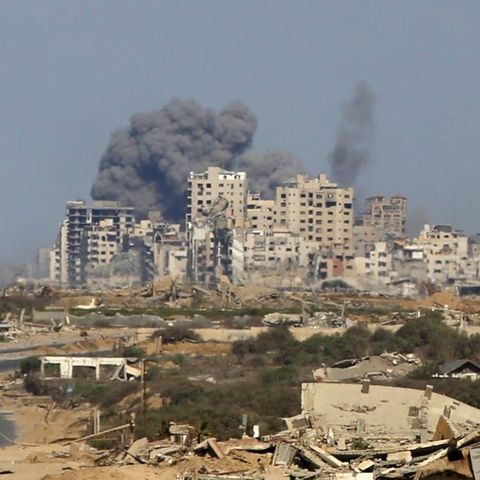During clean-up work after severe storms, during rescue operations in the mountains or on water, for first aid at the scene of an accident: four out of ten Austrians help where their help is most urgently needed every day – and they do so voluntarily. The decisive factor for the volunteers is that this commitment is primarily supported by the appreciation in society.
However, the appreciation of voluntary work has suffered greatly, especially with the outbreak of the corona pandemic. This is shown by a current study that was carried out as a parliamentary focus of the civil protection agenda Austria on the subject of volunteering. In the survey, a total of 1,587 people who volunteer with the voluntary fire brigade or rescue services such as the Red Cross were interviewed.
According to this, almost four out of ten of the responders surveyed told the market research institute Makam Research that they had been thinking about reducing their commitment since the beginning of the pandemic. Sometimes they even wanted to end it.
contempt and risk
The volunteers named “declining cohesion” as the main motive at 54 percent, followed by “contempt by politicians” (52 percent), third was the additional time burden in the pandemic (48 percent). Some of the around 500,000 helpers are exposed to a high risk potential when performing their duties, and the potential for aggression within the population has also increased since the pandemic.
On the other hand, there were positive reactions to the recognition of voluntary service. Almost half of those surveyed stated that they believe recognition has increased since the beginning of the pandemic, and one in ten even spoke of a sharp increase.
The study carried out should now be a guideline for politics to secure voluntary work in Austria.
Source: Nachrichten




